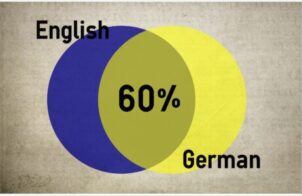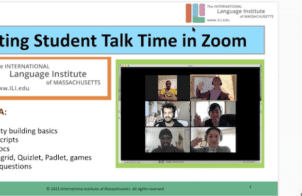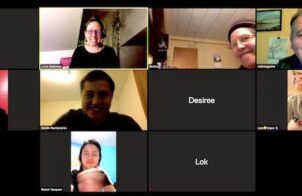How Janelle Rivers, a self-professed skeptic of remote learning, found herself pleasantly surprised by the unexpected benefits and potential on virtual education.
Intensive English: Top 5 Really Easy Tips and Tricks to Enjoy Mastering Your English
Tips and tricks to help you boost your English and hone your listening skills while enjoying yourself.
ILI’s Chris and Janelle write about boosting student talk time on the International English Language Testing System (IELTS) blog!
In their article “How To Boost Student Talk Time in Zoom,” published on IELTS’ Blog for Teachers, Elliot and Rivers they share strategies for enhancing online student participation. By prioritizing increased talk time, they create dynamic learning environments where students actively contribute to discussions and activities, bridging the gap between physical and virtual learning.
How to learn and improve English for Academic Purposes (EAP)
What are Academic English skills and how to improve them Are you comfortable using social English? Awesome! But what about […]
What To Expect From an Online TESOL Course at ILI
Are you looking to be qualified to teach ESOL anywhere in the world? Whether you are new to teaching English, […]
5 tips on how to efficiently learn German from home
In his humorous essay “The Awful German Language,” Mark Twain recounts his struggles studying German, joking that learning English takes […]
Online TESOL Certification courses: Are they valid?
Are online TESOL courses valid? Absolutely, yes! Online TESOL Certificate courses are valid. Your online TESOL Certificate qualifies you to […]
#ILITips&Tricks: Staying Focused for Online Learning
Over the past year, many of us have spent more time in front of a computer than ever before. Whether […]
Teaching online in the age of the pandemic: Shining a light on student participation!
ILI’s Janelle Rivers and Chris Elliott received high marks for their presentation, “Boosting Student Talk Time in Zoom,” at the national […]
Don’t Click Away! Human Connection in Online Learning
When our classes were held in-person, I’d hear stories or see pictures of the students’ children. Now that classes are on […]








